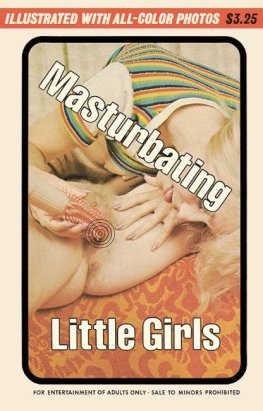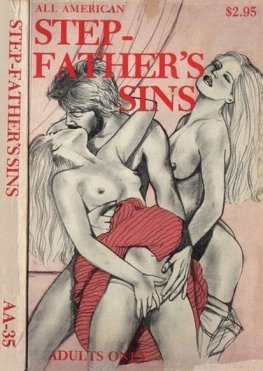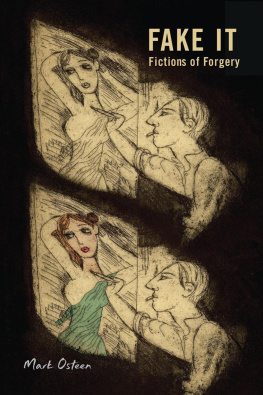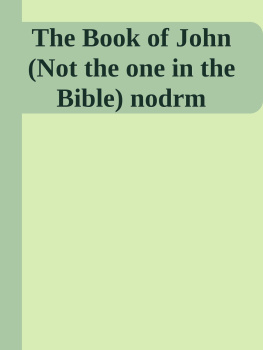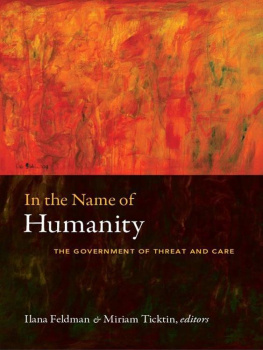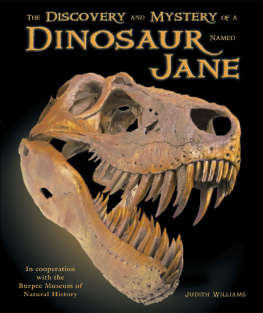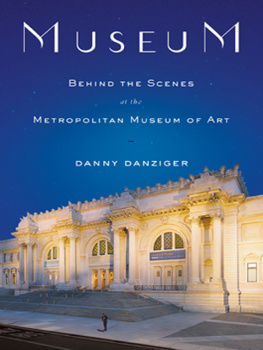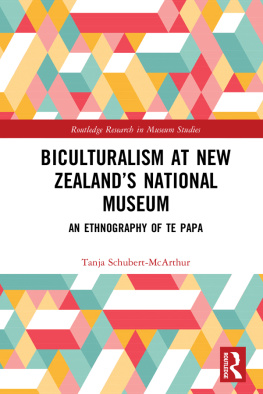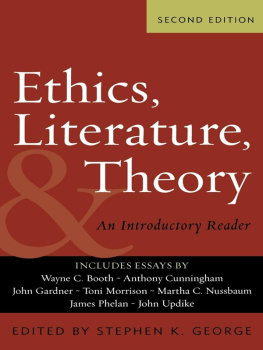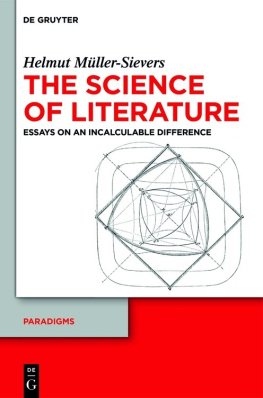Unknown - Museum of foreign literature and science
Here you can read online Unknown - Museum of foreign literature and science full text of the book (entire story) in english for free. Download pdf and epub, get meaning, cover and reviews about this ebook. publisher: E. Littell, genre: Art. Description of the work, (preface) as well as reviews are available. Best literature library LitArk.com created for fans of good reading and offers a wide selection of genres:
Romance novel
Science fiction
Adventure
Detective
Science
History
Home and family
Prose
Art
Politics
Computer
Non-fiction
Religion
Business
Children
Humor
Choose a favorite category and find really read worthwhile books. Enjoy immersion in the world of imagination, feel the emotions of the characters or learn something new for yourself, make an fascinating discovery.

Museum of foreign literature and science: summary, description and annotation
We offer to read an annotation, description, summary or preface (depends on what the author of the book "Museum of foreign literature and science" wrote himself). If you haven't found the necessary information about the book — write in the comments, we will try to find it.
Unknown: author's other books
Who wrote Museum of foreign literature and science? Find out the surname, the name of the author of the book and a list of all author's works by series.
Museum of foreign literature and science — read online for free the complete book (whole text) full work
Below is the text of the book, divided by pages. System saving the place of the last page read, allows you to conveniently read the book "Museum of foreign literature and science" online for free, without having to search again every time where you left off. Put a bookmark, and you can go to the page where you finished reading at any time.
Font size:
Interval:
Bookmark:
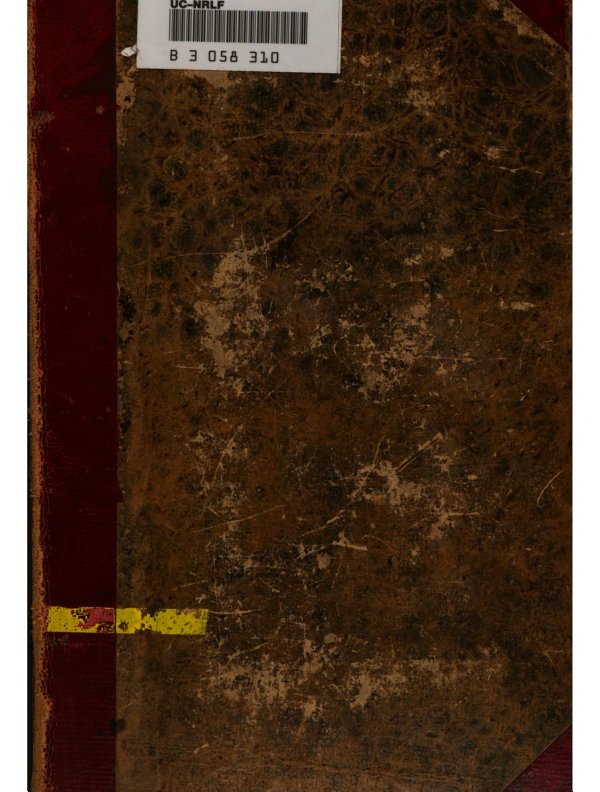
This is a digital copy of a book that was preserved for generations on library shelves before it was carefully scanned by Google as part of a project to make the world's books discoverable online. See the back of the book for detailed information.
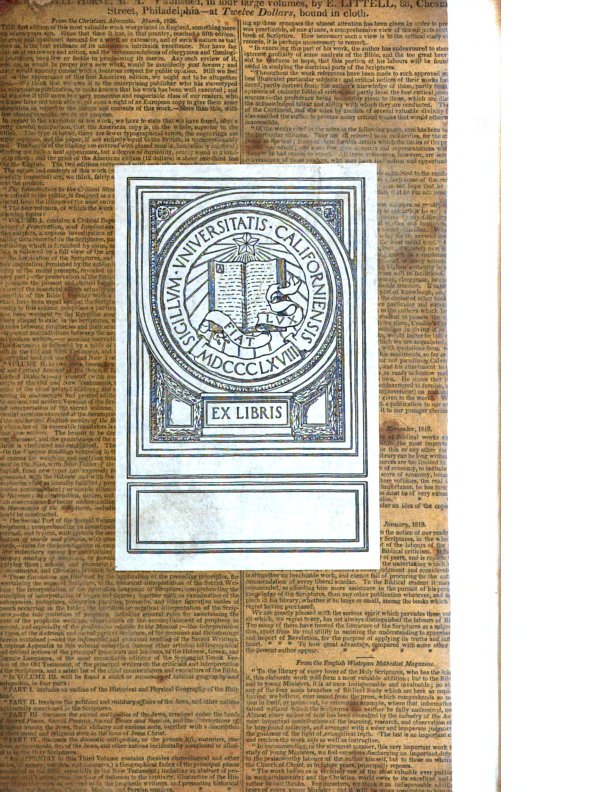
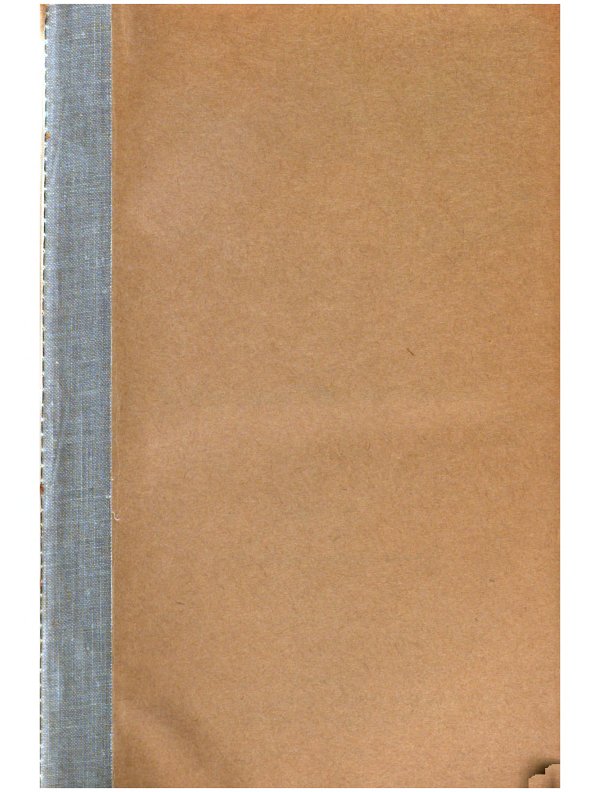

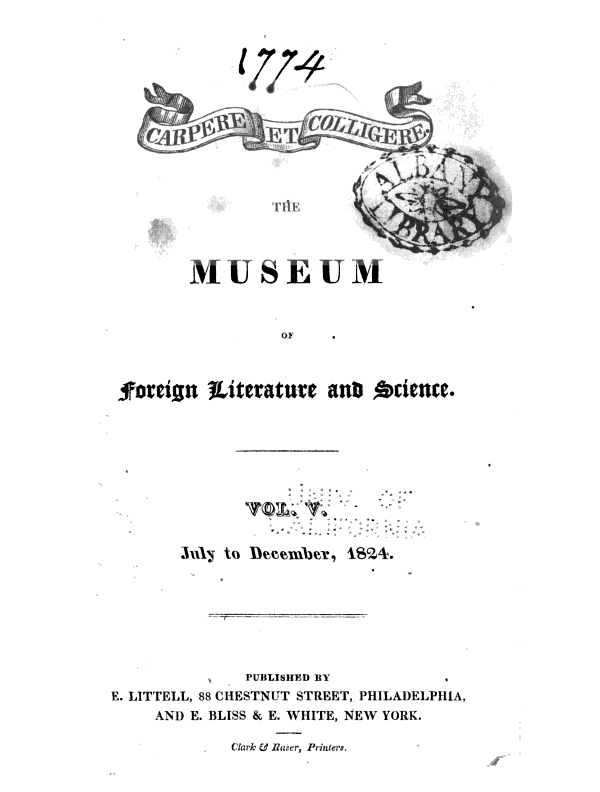
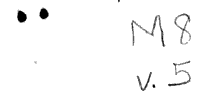

Anglia Judaica: or the History and Antiquities of the Jews ill England, collected from all our Historians, both printed and manuscript, as also from the Records in the Tower, and other Public Repositories, by D'Bloissiers Tovey, LL. D.; and Principal of New Inn Hall, in Oxford. Oxford, 1738. The Jews have been, from the earliest times, in possession of the most common sources of interest and sympathythey have been enlightened when others were in a state of darknessthey have been the peculiar and chosen people of the Deity, when their neighbours were grovelling idolaterstheir great lawgiver impressed upon them indelible marks of distinction from every nation, and, from the time of Moses, they have been a separated, peculiar, and singular racethey have been the sport of power, and the butt of ridicule and malicethey have been tortured, exiled, enslaved, persecuted, all but exterminated, and yet they have borne their sufferings with an unshrinking fortitude, and adhered in foreign lands, without a country, a home, or a government, to the laws of their ancestors, without giving up a tittle either to the menaces of authority or the blandishments of luxury. The Jewish character, if it be unamiable and disagreeable, is the creature of the circumstances by which it has been jostled and pushed about. But, "bann'd and barr'd" as it has been from all Christian sympathies, it is gratifying to the lover of human nature to observe, that it has not been materially injured, nor much if at all deteriorated below the general level of the human race, as found in civilized countries. Shut out from the learned professions and more elevated walks of life, they have been driven to traffic, and to the most corrupting kind of traffic too, the dealing in money, for4heir chief support; the natural consequence of which is, a narrowing of the affections, and a chaining down of the imagination to the grossest considerations of profit and loss. This influence, however, has been powerfully opposed by the romance of their history, by the proud and elevating thoughts reflected from a long line of ancestry. The Jew is a captive in a foreign land, yearly looking for a glorious deliverer; he is the last relic of an illustrious race, which is coeval with the worldthe nations about him are infantine, when compared with the hoary age of Judaism. He is a member of a small band, amid a world of aliens; and the ties of kindred are therefore stronger, and the social affections more animated and called into Vol. V. No. 25.Museum. A

I
action, than in the case of a Christian, who meets a brother in every man he meets. Assembled in their synagogue, built after the fashion of the temple of Solomon, and looking towards the east, their -tli"Stant home,; ihtty' chaunt a solemn worship in a strange tongue, With ce'rembriials and religious observances that are constantly reanimating a JiigJi enthusiasm and holy joy, which forbid the degradation of their character. The very persecution which has been inflicted upon them has called into action the virtue of fortitude, by which they are distinguished; and the temporizing and subservient manners to which they have been frequently compelled to resort, has softened and civilized the character which might otherwise have been harsh and brutalthe natural effects of the ill-usage which it lias been their hard lot to encounter. But, allowing the truth of the charge of meanness and unamiability which has been laid against them, and which is the natural rust of their situation, the circumstances of their historythe decided nationality and the oriental colouring about the Jewish character, relieve them, in our eyes, from that contempt and prejudice which
I is not uncommonly felt even in these enlightened times, and which has always induced us to trace, with more than common interest, the fates of this unfortunate nation, from their last dispersion, through thedark and dismal periods of European history.
The History of the Jews in England, though a dreary tale of wo, we have been induced to select as the subject of this article, from the light which it throws upon the national character of the people of this country, and the nature of its government, during the dark ages of its annals: and if it be painful to read of massacres, extortions, and persecutions, it is still a subject of congratulation to turn our eyes upon the improved state both of the persecuted and the persecutorsan idea which is naturally reflected from the opaque surface of these barbarous times with a luminous brightness, upon our own happy epoch.
The Jews, it has been commonly affirmed by historians, were introduced into England by William the Conqueror. That many Jews accompanied that sovereign and his army into Britain, and afterwards, during his reign, flocked into the country in greater numbers than at any previous period, is very true; but this wandering nation had made a settlement in England a considerable time before the conquest, as is proved by the industrious antiquary who compiled the book before us. The Jews are mentioned in the laws of Edward the Confessor, wherein it is laid down, that "the Jews and all they possess belong to the king." And "in a charter of Witglaff, king of Mercia, made to the monks of Croyland, we find confirmed to them, not only such lands as had at any time been given to the monastery by the kings of Mercia, but also all their possessions whatever, whether they were originally bestowed on them by Christians or Jews."* This charter was granted A.D. 833; but we have farther proof that the Jews were settled in England 143 years before the date of this grant. In the Canonical Excerptions, published by Egbricht, archbishop of York, in A.D. 740, Christians are forbid to be present at the Jewish feasts. This is the earliest mention of the Jews in the annals of Great Britain. When they did enter Great Britain, it is impossible to ascertain. There have been antiquaries, who have concluded that the Jews lived in England during the first settlements of the Romans. A Roman brick, it seems, was found in digging the foundation of a house in London, having on one side a bas relief, representing Sampson driving the foxes into a field of corn. Without relying upon so slender an authority thus afforded, it is by no means improbable that the Jews, after the final destruction of Jerusalem, should wander into Britain, and settle in London, which was, even in Caesar's time, a port and trading city, celebrated for the beauty of its situation, and for being the residence of a multitude of merchants.
Font size:
Interval:
Bookmark:
Similar books «Museum of foreign literature and science»
Look at similar books to Museum of foreign literature and science. We have selected literature similar in name and meaning in the hope of providing readers with more options to find new, interesting, not yet read works.
Discussion, reviews of the book Museum of foreign literature and science and just readers' own opinions. Leave your comments, write what you think about the work, its meaning or the main characters. Specify what exactly you liked and what you didn't like, and why you think so.

